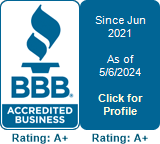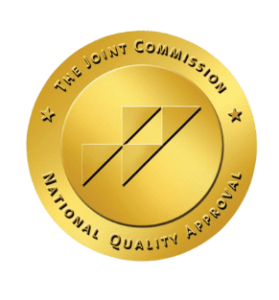The Role of Sober Companions in Addiction Recovery
Addiction recovery and the available options often presents a unique challenge to loved ones. Recovery requires a strong support system and the implementation of addiction therapies and sobriety strategies to have a lasting impact.
One of these strategies is employing a sober companion. In this post, we’ll explore the integral role sober companions play in addiction rehabilitation and recovery, highlight their responsibilities, and look at case studies to understand their effectiveness in maintaining sobriety.
What Is the Goal of Addiction Recovery?
Addiction recovery is the process of overcoming dependence on addictive substances like drugs and alcohol. The aim is for the participant to function without the substance, improve their physical and mental well-being, and help them find their physical, mental, social, and spiritual balance.
Importance of a Support System in Recovery
A strong support system is crucial for addiction recovery, including:
- Family and loved ones who encourage positive change
- Professional counseling for continued care after initial treatment
- Peer support from a sober companion to share experiences and coping strategies
What Is a Sober Companion?
A sober companion provides personalized, around-the-clock support to individuals in addiction recovery. They act as a mentor and advocate on the path to sobriety, offering emotional support, accompanied transport to treatment, and relapse prevention. They live with the participant and are available 24/7 as a peer-to-peer source of motivation and guidance.
The Responsibilities of a Sober Companion
A sober companion has many responsibilities, including:
- Supporting the participant through withdrawal and cravings
- Ensuring adherence to prescribed treatment programs
- Accompanying the participant to therapy sessions
- Providing transportation while avoiding risky situations
- Assisting with daily tasks like schedules and nutrition
- Fostering healthy social connections
The Distinction Between a Sober Companion and Conventional Addiction Counselors
While addiction counselors have fixed counseling schedules, sober companions are available 24/7 and provide services like:
- Constant in-person accountability and support
- Transport assistance to avoid risky exposures
- Help with daily living tasks impacted by addiction
However, sober companions work in tandem with licensed counselors and treatment facilities. They complement traditional treatment with personalized recovery support.
Could someone you care about benefit from a sober companion? ALYST can help.
The Integral Role of Sober Companions in Successful Recovery
A sober companion can be an invaluable part of the recovery process. Sober companions provide around-the-clock emotional support, accountability, and practical assistance as the recovering addict transitions back to daily life after treatment.
Sober companions are trained professionals who understand addiction and recovery. They act as a support system for the participant, helping them implement what they learned during treatment and making sure they stay on track with recovery goals. Having a sober companion greatly improves the chances of maintaining sobriety.
While family members, close friends, and counselors are there for support, a sober companion is in the trenches and has the individual’s best interest at heart since they’ve been there before. They know what works and what doesn’t, and with this firsthand knowledge, they hold individuals in recovery to a higher level of accountability than other treatment methods.
The Main Purpose of a Sober Companion
The primary role of a sober companion is to encourage and reinforce sobriety. They help participants stick to their sobriety by keeping them away from tempting situations, monitoring their behaviors, and providing companionship during challenging times.
Sober companions accompany participants to high-risk places like social events or family gatherings where alcohol is present. Sober companions also provide accountability by administering drug tests and making sure participants attend meetings and therapy sessions.
How Sober Companions Contribute to Daily Sobriety
A sober companion helps establish structure and routine, which are important for sobriety. Sober companions may wake participants up in the morning, remind them to eat healthy meals, join them at the gym, and help them wind down at the end of the day.
Sober companions also offer emotional support as participants work through triggers, cravings, and the ups and downs of recovery. Their companionship makes participants feel less lonely during this difficult transition.
When Else Is a Sober Companion Helpful?
When someone is in the early stages of addiction recovery, a sober companion is helpful when that person isn’t aware of what triggers are present in the environment or how to identify high-risk events. Something as simple as driving home from work might be a trigger, and during early recovery, the person might not have the skills or tools to avoid relapse.
A sober companion can serve as training wheels for real-world situations, with the companion stepping back once the participant has demonstrated the developed mindset to work through triggers in healthy ways.
Explore more situations when sober companions can be helpful. Read More
Insights From Addiction Experts on the Benefits of Sober Companions
“Having a Certified Recovery Agent with a participant for the first several months can make all the difference in whether they maintain sobriety. The CRA provides that constant presence reminding them of their sobriety goals. Consistency and structure create safety.”
– Jason Wahler, Brand Ambassador
Working with a Sober Companion
Understanding the Commitment and Investment
Using a sober companion involves a financial and time commitment. Sober companions are available 24/7, so there is no break from the accountability. However, the around-the-clock nature of the support can make it cost prohibitive for some individuals.
The Challenges and Rewards of the Sober Companion Relationship
Working closely with a sober companion can be challenging at first. Participants may feel like their privacy and independence are compromised. However, participants are often surprised by how quickly they form a bond with their companion.
The sober companion relationship provides rewards such as improving self-esteem, learning to ask for help, and figuring out healthy coping strategies. Participants gain insight into their addiction from someone with an outside perspective. Overall, sobriety becomes easier with a companion’s guidance.
What to Look for in a Sober Companion
As you’re researching sober companion services, it’s important to remember that not all programs are the same. Before choosing a sober companion, consider these factors:
Training and Certifications
Don’t let the word “companion” fool you into thinking that just anyone can be a sober companion. When it comes to addiction recovery, lives are at stake. That means not just anyone can or should be a sober companion. However, there are no required certifications or standards to become one, so every sober companion program has different training and requirements.
As with any career, that means some programs are looking for little more than people to fill the role, while others require a rigorous vetting and training process that lasts a year or more. Most programs land somewhere in between, so it’s important to ask what certifications and training sober companions have received before they’ve been assigned to you.
Real-World Experience
The best sober companions are those who not only talk the talk—they’ve also walked the walk. The reality is that when addicts are in recovery, they aren’t always the most honest or transparent with themselves or others. During the early stages of recovery, individuals are prone to downplaying risky behavior and overestimating their willpower to stay sober, which can lead to serious setbacks, including relapse.
While many people want to take their loved one’s words at face value, a sober companion who has been in the participant’s shoes is better equipped to see through the facade and know when to push back or call out high-risk behaviors.
Sober Companion Support
To provide consistent support to individuals in recovery, sober companions also need support from their team. While mandatory training is important, it shouldn’t end there. As a sober companion is providing care, their support is only as good as the support of the team backing them.
When you’re choosing the right sober companion, learn more about the support they receive in their role. If there isn’t a full-time team behind them making sure they have everything they need to provide the best care, you can’t expect to get the best care.
Joint Commission Accreditation
As mentioned above, sober companion program standards vary because there are no national requirements holding them accountable. However, sober companion companies can receive accreditation from the Joint Commission, an organization responsible for accrediting more than 22,000 healthcare organizations and programs across the United States.
When a sober companion program is accredited by the Joint Commission, it’s committed to providing quality care and upholding high standards with a rigorous set of policies and procedures. If they aren’t, you have to wonder whether they’re following any standards at all.
Before finalizing your decision on a sober companion, check whether they’ve been accredited by the Joint Commission here.
The Difference Between Sober Companions and Our CRAs
ALYST has Certified Recovery Agents (CRAs), but these are not the same as sober companions. CRAs combine the roles of sober companions and sober coaches into one. We also hold our CRAs to a higher standard of experience and training than any sober companion company you’ll find.
Read more about the differences between sober companions and CRAs here.
How ALYST Is Redefining the Role of Sober Companions
ALYST redefines what to expect from a sober companion. That’s one of the key reasons we call them CRAs, but it’s not just in the name. Our CRAs are establishing the new norm for the rest of the industry to follow. When you’re ready, find out if you’re a good fit for our program or learn more about what sets our approach apart.






